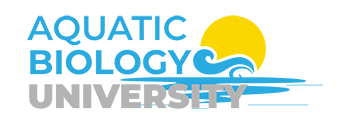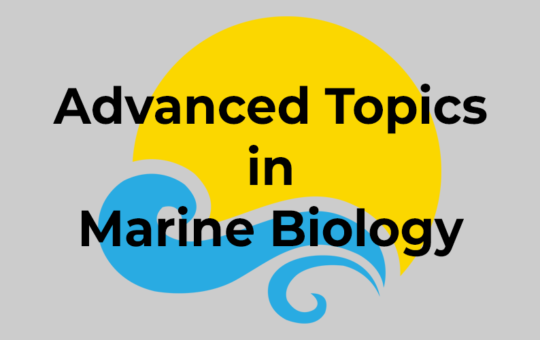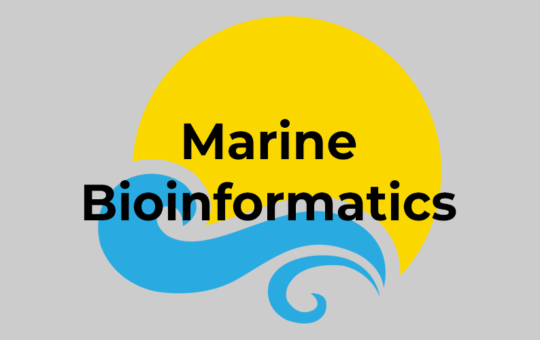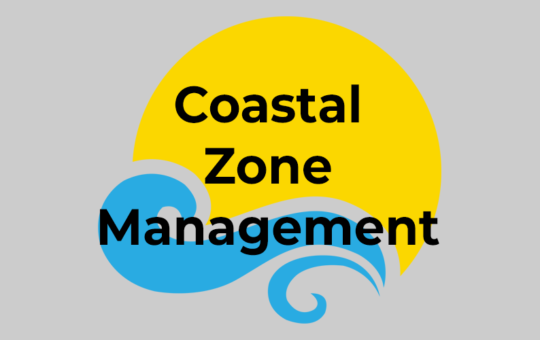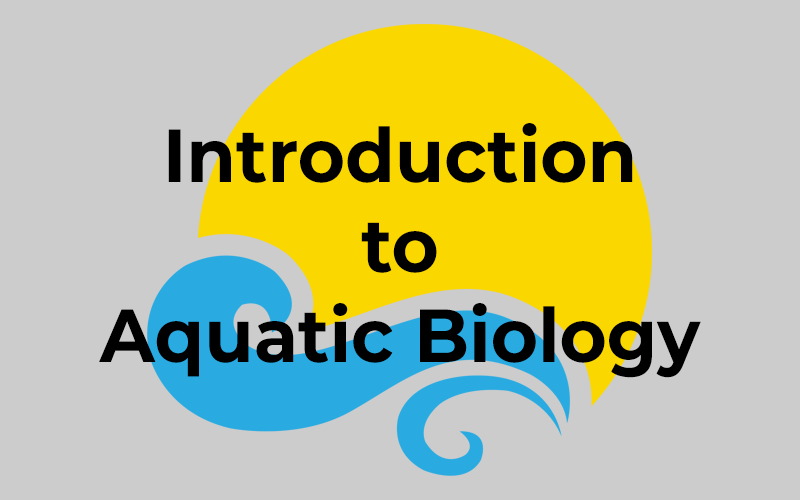
Introduction to Aquatic Biology
Introduction to Aquatic Biology provides a comprehensive foundation for understanding the diverse and dynamic ecosystems found in aquatic environments. This course covers the fundamental principles of aquatic biology, focusing on the unique characteristics of freshwater and marine habitats. Students will explore the physical, chemical, and biological components that define aquatic ecosystems, gaining insight into the intricate relationships between organisms and their environment. The course emphasizes the importance of aquatic ecosystems to global ecology, highlighting their role in nutrient cycling, primary productivity, and supporting biodiversity.
Throughout the course, students will examine the various types of aquatic habitats, including rivers, lakes, ponds, wetlands, coastal zones, and the open ocean. By studying these diverse environments, students will learn about the specialized adaptations of aquatic organisms that allow them to thrive in different conditions. The course also addresses the human impact on aquatic ecosystems, discussing pollution, habitat destruction, and climate change. Through lectures, field studies, and laboratory work, students will gain a solid understanding of aquatic biology and the essential skills needed for further study and research in this field.
Curriculum
- 4 Sections
- 12 Lessons
- 1 Quiz
- 0m Duration
Section 1: Basics of Aquatic Ecosystems
- Chapter 1: Introduction to Aquatic Ecosystems
- Chapter 2: Components of Aquatic Ecosystems
- Chapter 3: Primary Productivity in Aquatic Ecosystems
Section 2: Overview of Freshwater Habitats
- Chapter 4: Types of Freshwater Habitats
- Chapter 5: Freshwater Flora and Fauna
- Chapter 6: Freshwater Ecosystem Dynamics
Section 3: Overview of Marine Habitats
- Chapter 7: Types of Marine Habitats
- Chapter 8: Marine Flora and Fauna
- Chapter 9: Marine Ecosystem Dynamics
Section 4: Human Impact on Aquatic Ecosystems
- Chapter 10: Pollution and Aquatic Ecosystems
- Chapter 11: Conservation of Aquatic Ecosystems
- Chapter 12: Future of Aquatic Ecosystems
- Introduction to Aquatic Biology - Assessment Test
